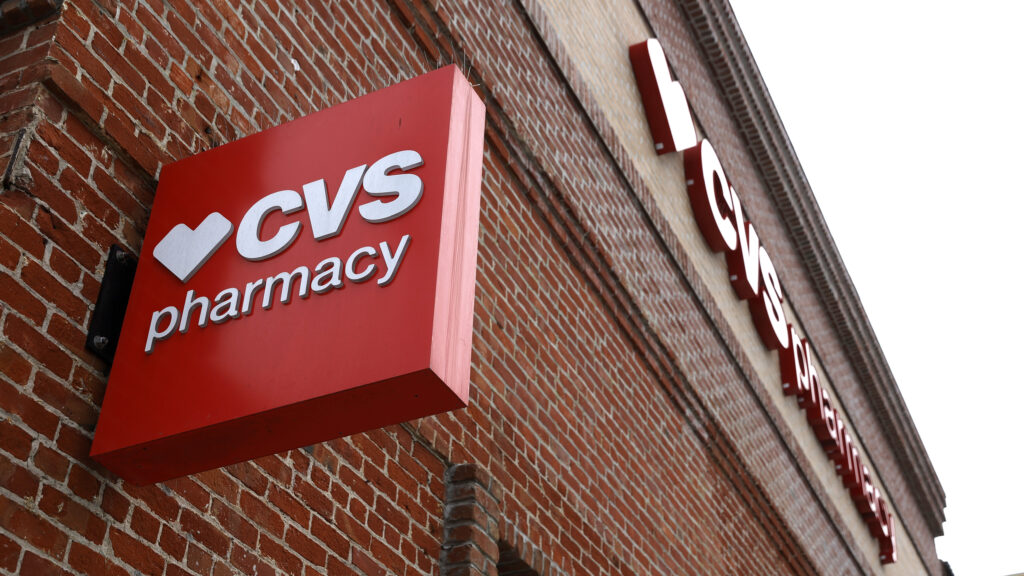
Want to stay on top of the science and politics driving biotech today? Sign up to get our biotech newsletter in your inbox.
Hello, everyone. Damian here with a look at some polarizing cancer data, a strange CEO transition, and the importance of New Year cheer.
advertisement
The need-to-know this morning
- Sanofi is acquiring Inhibrx in a deal valued at up to $2.2 billion. The centerpiece of the transaction is an experimental drug, called INBRX-101, in mid-stage development for AATD, a disease that damages the liver and lungs. Inhibrx’s other drug candidates, including its line of cancer-targeting immunotherapies, will be spun out into a new company that will continue to be called Inhibrx.
- The FDA recommended the addition of new safety warnings to the prescribing labels of CAR-T cancer therapies, alerting physicians and patients to cases of secondary cancers that have occurred following treatment. The bolstered safety labels are being added to CAR-T treatments for blood cancer made by Gilead Sciences, Bristol Myers Squibb, Novartis, and Johnson & Johnson.
- Biopharma earnings season is here once again, beginning with J&J.
Is Wall Street overreacting to Gilead’s misfortune?
Shares of Gilead Sciences fell more than 10% yesterday after Trodelvy, the cornerstone of a $21 billion acquisition, missed the mark in a late-stage lung cancer study.
As STAT’s Matthew Herper reports, Gilead’s drug did not significantly extend the lives of patients with metastatic non-small cell lung cancer when given after a first treatment failed. The trial was arguably a long shot, and analysts expect Trodelvy to fare better in ongoing trials enrolling patients in earlier stages of the disease. But the results removed more than $10 billion from Gilead’s market value.
Gilead’s medicine is an antibody-drug conjugate, or ADC, which uses targeted antibodies to deliver toxic doses of chemotherapy to cancer cells while sparing healthy tissues. The promise of such treatments has spurred billions of dollars in dealmaking over the last year, but the dramatic market reaction to Gilead’s setback suggests investors are skittish about just how versatile ADCs might turn out to be.
advertisement
Maybe JPM Week really does set the tone for the year
The cheerful tone of this month’s J.P. Morgan Healthcare Conference brought a small but no less welcome boost to biotech stocks in the first weeks of the year. And while no one knows what lies ahead in 2024, history suggests that early positivity bodes well for the entire year.
The analysts at TD Cowen looked at JPM trading data since 2000 and found that out of the 18 years in which biotech traded up during the conference, the sector had a positive full-year return 14 times. Essentially, a good JPM has led to a good year 78% of the time. On the other end, in the six years biotech traded down during JPM, it finished the year in the red four times.
Pharma’s drug pricing Streisand effect
As the pharmaceutical lobby does everything in its power to thwart the Biden administration’s signature drug pricing policy, it risks doing the president a political favor by reminding voters that he has upset the pharmaceutical lobby.
As STAT’s John Wilkerson reports, the Inflation Reduction Act, passed in 2022, includes a provision that allows Medicare to negotiate the prices of certain drugs, an overwhelmingly popular idea among voters. And yet, according to a 2023 poll, only about 30% of Americans think Biden has accomplished anything when it comes to the cost of medicine.
That’s where the drug industry comes in. There are at least nine lawsuits challenging the law’s validity, and judges are expected to start handing down rulings in the months to come, further publicizing the law itself. “These court challenges do help Democrats by drawing attention to what they did,” said Gregory Koger, a professor of political science at the University of Miami. “There is a benefit to court battles.”
Evotec’s messy transition
Earlier this month, Evotec, a multibillion-dollar German biotech company, said its long-time CEO had resigned from the company “for personal reasons,” news that sent the company’s share price down about 20% as investors seemed to expect the drop of another shoe.
Then, yesterday, the company hosted a conference call to announce that its former CEO, Werner Lanthaler, was terminated after violating the company’s internal rules by repeatedly failing to report his trades of Evotec stock in a timely fashion. The company isn’t aware of any external investigations into his trading, Evotec chairwoman Iris Löw-Friedrich said. Lanthaler told Bloomberg that his delayed disclosures were merely a “lapse.”
That disclosure, while presumably unpleasant to make, sent Evotec’s shares up about 8%, as the company reaffirmed its financial projections for the years to come and seemed to dispel any lingering notion that Lanthaler’s departure was the prelude to a decline in its business.
More reads
- The White House has a pharmacy — and it’s a mess, a new investigation found, STAT
- BioNTech challenges AstraZeneca with breast cancer precision drug trial, Reuters
- Karuna, Cerevel might be just the start of psychiatry drug M&A, BioPharma Dive
- SEO Powered Content & PR Distribution. Get Amplified Today.
- PlatoData.Network Vertical Generative Ai. Empower Yourself. Access Here.
- PlatoAiStream. Web3 Intelligence. Knowledge Amplified. Access Here.
- PlatoESG. Carbon, CleanTech, Energy, Environment, Solar, Waste Management. Access Here.
- PlatoHealth. Biotech and Clinical Trials Intelligence. Access Here.
- Source: https://www.statnews.com/2024/01/23/biotech-news-sanofi-gilead-evotec-karuna-biontech-astrazeneca-cerevel-medicare-drug-pricing/?utm_campaign=rss
